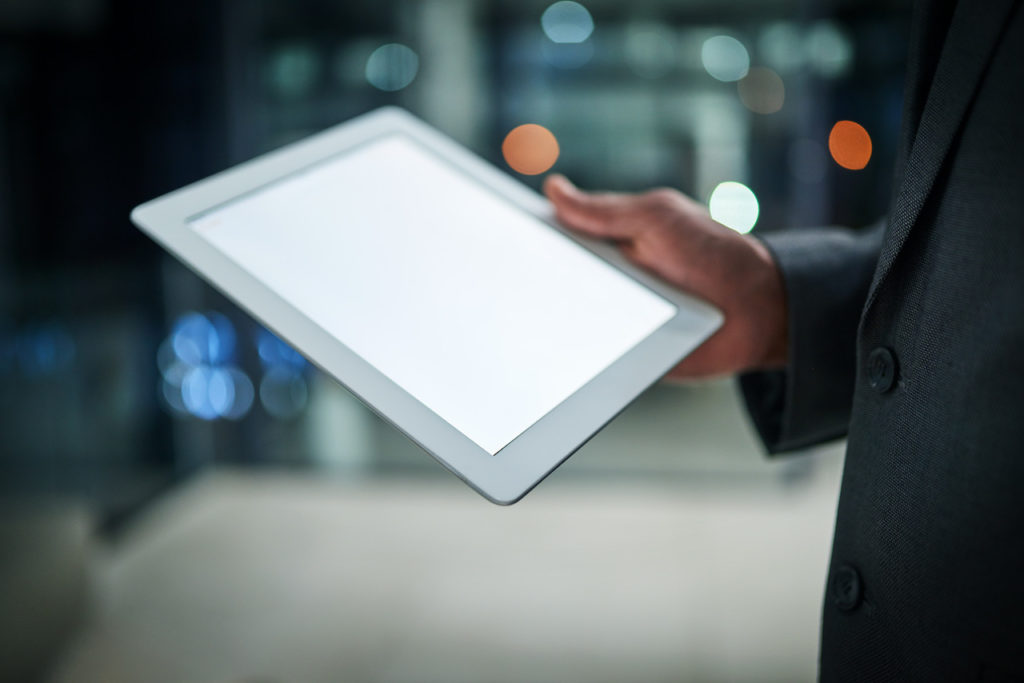Despite the government’s best efforts to stay up-to-date with technology, there is still a significant gap between what we have available in the private sector and what our public institutions use. This can lead to a slower response time when people need help from the government or other public services, as many departments are using outdated technologies that make it harder to process requests quickly.
1. Automation
Automating processes like paperwork and document requests can significantly speed up the process of getting information from one department to another. Automation also cuts down on potential errors that can cause delays in communication, as well as reduce manual labor costs for government departments.
2. Cloud Computing
Using the cloud enables government agencies to store and share data much faster than traditional methods. It also makes data more accessible to authorized personnel, meaning that they can quickly find the information they need when responding to requests.
3. Mobile Technology
Mobile technology has transformed communication and access for citizens of many countries around the world. Governments are starting to understand the importance of this technology and are beginning to implement mobile solutions like apps and software to help citizens submit their requests more easily.
4. Big Data Analytics
Big data analytics is a powerful tool that can help governments analyze large amounts of data quickly in order to make better decisions. Governments are now utilizing this technology to improve areas such as public safety, healthcare, finance, and education.
5. Artificial Intelligence
AI is quickly becoming one of the most important tools for governments to understand and respond to their citizens’ needs. AI-powered chatbots, for instance, are being used in many countries to provide quick assistance to people with their inquiries or requests.
6. Blockchain Technology
Blockchain technology has been gaining traction over the past few years and is now being used in government projects. By providing an immutable ledger for transactions, blockchain has the potential to provide better transparency and security for all public records.
7. Internet of Things (IoT)
The IoT is a network of connected devices that can be used to collect data and monitor the performance of different systems like transportation networks or energy grids. By having access to this information, governments can make better decisions and respond more quickly in times of crisis.
Making sure that government departments are using the latest technology is essential for improving communication between organizations and citizens. With the right tools, governments can provide faster responses to requests and help ensure that their citizens get the help they need.


